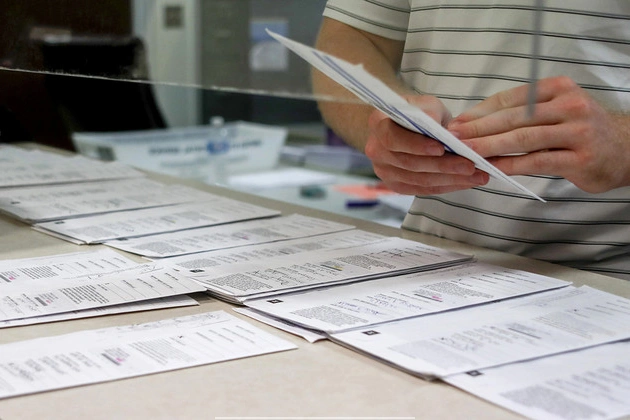
A recent federal ruling has blocked significant aspects of President Donald Trump’s executive order aimed at altering voter registration processes for federal elections. The decision, made by Massachusetts U.S. District Judge Denise Casper, emphasizes the constitutional authority of Congress in regulating elections and questions the legality of the President’s actions.
The Legal Battle
Judge Casper’s ruling invalidates key provisions of Trump’s executive order, including the mandate for citizens to provide proof of citizenship when registering to vote. This requirement, along with the directive to assess citizenship prior to distributing voter registration forms at certain public assistance agencies, has faced opposition from multiple fronts.
In addition to the Massachusetts ruling, a federal judge in Washington, D.C., responding to lawsuits from voting rights groups and Democratic party officials, also blocked these contested sections of the executive order. The legal challenges underscore the contentious nature of the administration’s efforts to reshape voting procedures.
Implications and Consequences
Judge Casper’s decision extends beyond the initial challenges to Trump’s order, further halting enforcement of provisions that would impact military personnel and citizens residing abroad. Moreover, the ruling prevents states from disregarding ballots that arrive post-Election Day and restricts the correction of minor errors in timely submitted ballots.
By emphasizing Congress’s exclusive authority to adjust election regulations, the court highlights the limitations on presidential powers in this domain. The National Voter Registration Act and other legislative measures serve as the legal framework for electoral procedures, emphasizing the role of lawmakers in shaping voting rules.
Looking Ahead
The ongoing legal battles surrounding Trump’s executive order on elections underscore the importance of constitutional principles and the separation of powers. As the debate continues, it remains crucial to monitor developments in this area and stay informed on the evolving landscape of voter registration and election administration.











